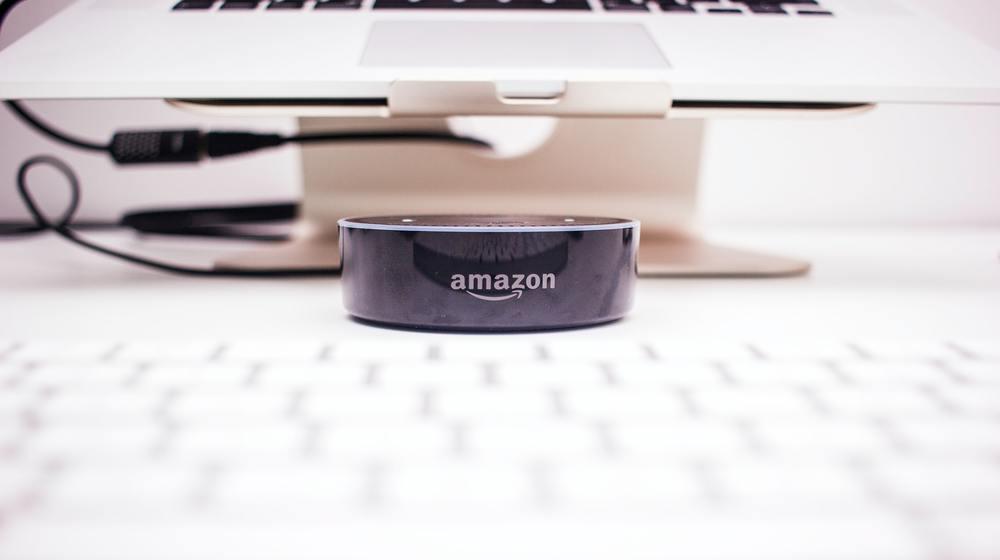It's a question as old as the web itself "how can I be sure this website is safe?". And the more the web has developed, the more important this question has become.
After all, who wants to give their credit card details to a site they don't trust?
In this guide, we'll look at how you can check if a website is safe. And remember, if you own a website, you can use this guide as a checklist to make your site trustworthy.
To check if a website is safe: avoid obvious red flags
Google is doing as much as it can to help make the web a safer place. As part of that it has introduced a warning into its search results if it thinks a site may have been hacked. So if you ever see a warning saying "this site may harm your computer" on a Google results page, you probably shouldn't risk clicking through. Most major browsers will also warn you if you may be about to visit a hacked site. Again, it's better to be safe than sorry.
It's important to remember these warnings don't mean that the people behind the site are untrustworthy, just that their site has been hacked and changed. So if the site owners are able to fix the hacking issue, it might be worth giving them a second chance in the future.
If you own a website and it has been hacked, you can use Express Malware Removal from GoDaddy to clean up your site.
If your site hasn't been hacked, but you still want peace of mind, you can use GoDaddy Website Security to scan for and remove malware. Premium plans even block malware from being installed in the first place.
Check for the not secure warning
The not secure warning is another of Google's innovations aimed at making the web safer. If you visit a website that doesn't have an SSL certificate installed and you're using Chrome as your browser, then you'll see the not secure warning.
Now the not secure warning isn't on its own an indication that a website shouldn't be trusted. But it does mean that any information you enter on the website, such as card details or your address, won't be encrypted. This means it's possible for hackers to intercept your information.
So it's acceptable for a simple blog to be "not secure" in this manner (although you should still think twice about entering your email to leave a comment). However, if a site is asking personal details or other sensitive information, then it shouldn't be trusted.
If you're not using Chrome as your browser, then you can still check if a website is using an SSL certificate by checking if the address starts with "https" (as opposed to "http").
Is there a physical address?
Moving on to less obvious signs of trust to check if a website is safe, and one of the first places to start is checking if the website has a physical address for its business.
Of course, not every business will have a shop or outlet you can visit, but every business has to be physically operated from somewhere. If there is an address, you know you have somewhere to write to if things go wrong with your order or request.
If there isn't an address, then that's a warning sign that they might not be on the up and up. For any business owners, make sure you list your contact details clearly on your site, so that your customers know that your website is safe.
Is there a company registration number or similar information on the website?
If the website you're looking at is for a UK-based business, you may well find a company registration number on it. There may also be other information, such as a VAT number for larger UK businesses. If you're dealing with an overseas company there may be similar numbers present.
Remember though, not all businesses will have a company registration number or a VAT number even if they're operating in the UK. For example, a sole trader will not have a company registration number.
So don't take a lack of this information as a sign that a business can't be trusted. But its presence is a positive.
Check for reviews and testimonials
What are other people saying about the website you're thinking of buying a product or service from?
A trustworthy website will be keen to let you know people are singing its praises and so will include reviews and testimonials from happy customers.
Of course, it's possible for untrustworthy sites to fake good reviews and testimonials, so be on your guard.
Always double check what people are saying about a site by looking at third-party review sites such as Trustpilot. It's perfect normal to encounter a handful of bad reviews on these sites as no company can provide perfect service to everyone, so don't let that put you off.
You may also want to reach out to people who have given testimonials to the website if possible, as then you can check they're authentic. If you're running a business, you should make sure you gather and use legitimate testimonials and reviews.
What payment methods are available?
When looking to buy a product or service it always pays to take a look at what payment methods are offered by a website. Reputable sites should offer a range of payment options, including PayPal and credit/debit card payments.
Be very wary if a website insists you pay by bank transfer or wire payment. This is uncommon, and it's very hard to recoup money sent via these methods if something goes wrong with your transaction.
Can you speak to a real person?
All legitimate businesses no matter their size are always keen to get new customers. So if you've got a question or concern, legitimate businesses will always have someone on hand to talk to you about it.
It might be a customer service phone call, or a Skype meeting with a consultant you're thinking of hiring, but it's always good to talk.
Better safe than sorry
Although all these steps will help you check if a website is safe, avoid hacked sites and obvious scams, not all scams are obvious.
If something seems too good to be true, then that may well be the case. Don't commit to spending a large sum of money if you don't 100% trust the website in question.





